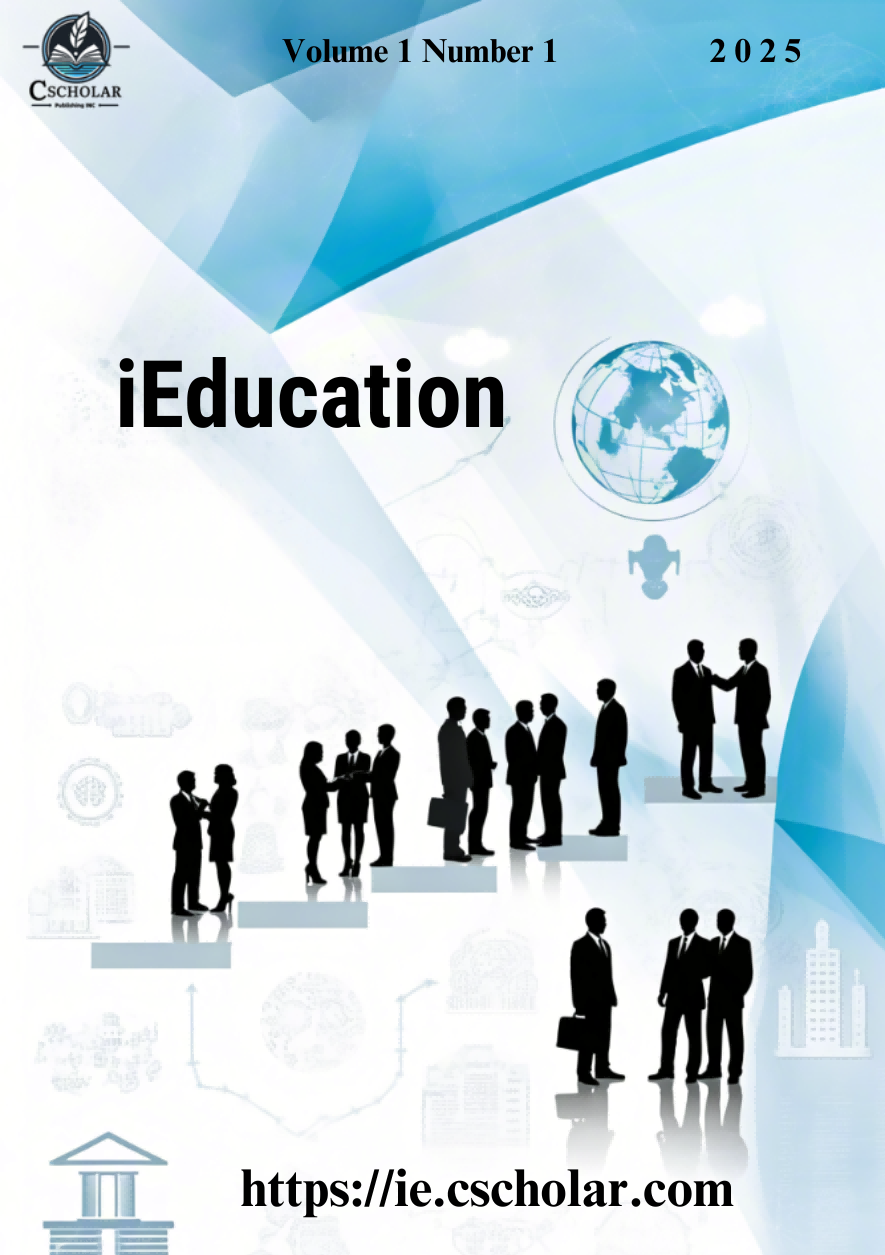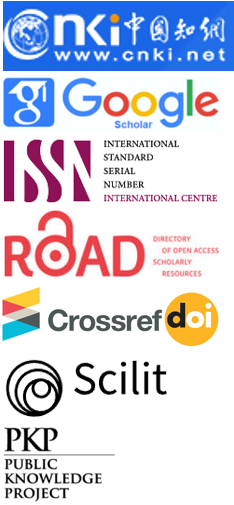Design and Implementation of the Holistic Unit Teaching for Upper Primary School Grades English Based on Project-based Learning
DOI:
https://doi.org/10.71204/061mdf70Keywords:
Project-Based Learning, upper grade in primary school, English Teaching, Holistic English Unit InstructionAbstract
Current English teaching in upper primary grades often suffers from fragmented content delivery and insufficient systematic integration of project-based learning, resulting in limited development of students’ language application skills and innovative thinking. To address these issues, this study focuses on enhancing students’ comprehensive competencies through the design and implementation of a holistic project-based learning intervention. Taking the “Personal Preferences” unit from the Beijing Edition Grade 5 English Textbook as a case study, this study developed the “Hobby Square” project activity. This initiative explores effective strategies for deeply integrating project-based learning with English unit instruction while employing multi-dimensional assessment tools to monitor learning progress. Teaching practice shows that students’ language skills in authentic contexts have significantly improved. At the same time, their critical thinking, interdisciplinary integration, and collaborative communication abilities have also been strengthened. The combination of project learning-based and holistic unit teaching offers a feasible way to reform primary English teaching. In the future, studies should focus on improving process-oriented assessment mechanisms and expanding design frameworks for diverse thematic units. This will promote systematic and innovative practices to enhance students’ core competencies in a sustainable way. This study offers actionable insights for advancing primary English education reform under updated curriculum standards, emphasizing systematic innovation and sustainable core competencies development.
References
Bell, S. (2010). Project-based learning for the 21st century: Skills for the future. The clearing house, 83(2), 39-43.
Dewey, J. (1986). Experience and education. The educational forum, 50(3), 241-252.
Li, Y., & Gao, X. (2024). Exploration on the overall teaching design of primary school English unit based on project-based learning. Teaching and management, (35), 38-42.
Lu, Q. (2024). The practice of overall teaching design of primary school English unit based on project-based learning. English learning, (S2), 16-20.
Markula, A., & Aksela, M. (2022). The key characteristics of project-based learning: how teachers implement projects in K-12 science education. Disciplinary and Interdisciplinary Science Education Research, 4(1), 2.
Sasson, I., Yehuda, I., & Malkinson, N. (2018). Fostering the skills of critical thinking and question-posing in a project-based learning environment. Thinking Skills and Creativity, 29, 203-212.
Shin, N., Bowers, J., Krajcik, J., & Damelin, D. (2021). Promoting computational thinking through project-based learning. Disciplinary and Interdisciplinary Science Education Research, 3, 1-15.
Wu, Yi. (2017). Carry out task-based teaching, create a dynamic classroom-Analysis of primary school English task-driven teaching. Enlightenment and Wisdom ( Education ), (05), 53.
Downloads
Published
Issue
Section
License
Copyright (c) 2025 Huiyi Liu (Author)

This work is licensed under a Creative Commons Attribution 4.0 International License.
All articles published in this journal are licensed under the Creative Commons Attribution 4.0 International License (CC BY 4.0). This license permits unrestricted use, distribution, and reproduction in any medium, provided the original author(s) and source are properly credited. Authors retain copyright of their work, and readers are free to copy, share, adapt, and build upon the material for any purpose, including commercial use, as long as appropriate attribution is given.








